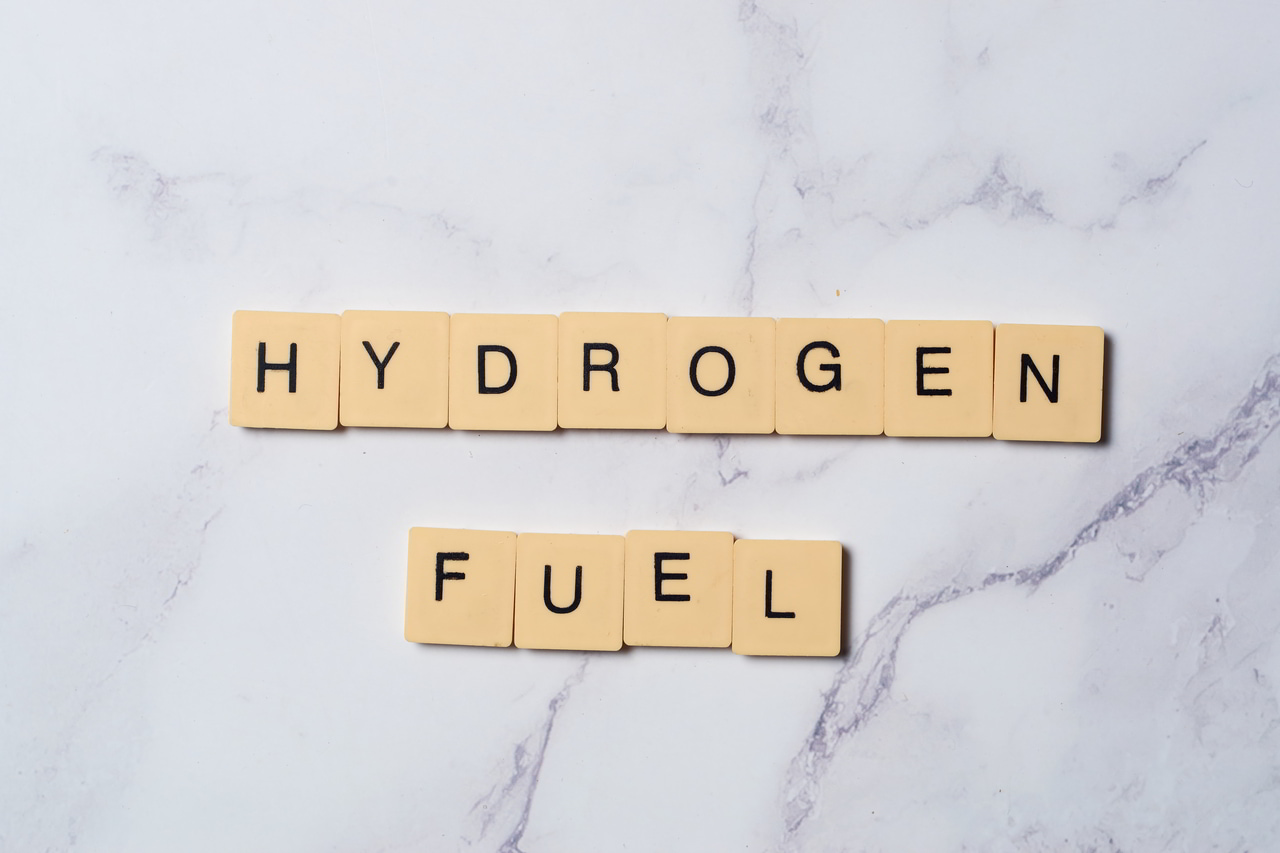As the shipping industry sets its sights on reducing its carbon footprint, the use of hydrogen as a clean fuel alternative has attracted significant attention. Yet, hydrogen’s low volumetric energy density compared to traditional marine fuels has presented the unique challenge of how it can be stored safely and efficiently onboard ships. This article examines the leading hydrogen storage methods and the advantages and challenges, as well as exploring the potential applications in today’s maritime landscape.
Why Hydrogen Storage Matters
Hydrogen, when used in fuel cells, produces only water as an exhaust, making it an attractive zero-emission energy source. However, this environmental advantage can be counterbalanced by the practical challenge of storing enough hydrogen to ensure a ship can operate over long distances. Unlike conventional fuels, hydrogen requires specialised storage solutions to maintain its energy potential while addressing issues such as safety, weight, and space constraints. Finding the best storage method is crucial for making hydrogen a viable alternative in the harsh and dynamic environment at sea.
High-Pressure Gas Storage
One of the most established techniques for hydrogen storage involves compressing it to high pressures.
Advantages:
Proven Track Record: High-pressure storage systems are not new. Industries such as aerospace and automotive have long used these systems, meaning the technology is mature and well-understood.
Lightweight Materials: Advances in composite materials, particularly carbon fibre reinforced polymers, have made it possible to construct strong yet lightweight storage vessels.
Fast Refuelling: High-pressure systems facilitate rapid refuelling – a critical factor for commercial shipping operations that demand quick turnaround times.
Challenges:
Limited Energy Density: Even when compressed, hydrogen has a lower volumetric energy density compared to liquid fuels. This means ships may need to allocate more space for fuel storage, potentially affecting design and cargo capacity.
Stringent Safety Measures: Storing gas at such high pressures requires robust safety protocols to prevent leaks and mitigate the risk of explosion.
Infrastructure Development: Establishing refuelling facilities capable of handling high-pressure hydrogen is still a work in progress at many ports around the world.
Liquid Hydrogen Storage
Liquefying hydrogen represents another promising storage approach. By cooling hydrogen to cryogenic temperatures (around -253°C), its density is significantly increased, allowing more energy to be stored in a smaller volume.
Advantages:
Increased Energy Density: Liquid hydrogen offers a much higher volumetric energy density than its compressed gas counterpart, which is advantageous for long-haul voyages where space is at a premium.
Compact Storage Solutions: Ships can benefit from reduced tank sizes, potentially leading to more efficient vessel designs that optimise both fuel storage and cargo space.
Consistent Temperature Control: When properly managed, cryogenic storage systems can maintain hydrogen in its liquid state, ensuring consistent performance over time.
Challenges:
High Operational Costs: The process of liquefying hydrogen is energy-intensive, and the necessary cooling systems add significant cost to the overall setup.
Boil-Off Losses: Over time, some liquid hydrogen will inevitably evaporate—a phenomenon known as boil-off. Managing these losses is critical to maintaining fuel efficiency.
Material and Safety Issues: The extreme cold can lead to material brittleness, and special care must be taken to design tanks and pipelines that can withstand these conditions without risk of failure.
Metal Hydride Storage
In metal hydride storage, hydrogen is absorbed into a metal alloy, forming a solid compound that can later release hydrogen when needed. This method offers an alternative to storing hydrogen in its free gaseous or liquid state.
Advantages:
Enhanced Safety Profile: Operating at relatively low pressures, metal hydride systems reduce the risk of catastrophic failure due to leaks or explosions.
High Volumetric Density: Certain metal hydrides can store hydrogen in a compact, solid form, potentially offering a higher density than compressed gas.
Stable Storage Conditions: The solid-state nature of metal hydrides means they are less prone to leakage, making them a safer option in dynamic marine environments.
Challenges:
Weight Penalties: Metal hydride systems tend to be heavier than their gas or liquid counterparts, which could impact the overall efficiency and payload capacity of a vessel.
Thermal Management Needs: The absorption and release of hydrogen in metal hydrides are temperature-dependent processes. Effective thermal management is necessary to ensure consistent fuel availability.
Material Durability: Long-term exposure to the marine environment can accelerate material degradation, and ongoing research is needed to develop alloys that maintain performance over time.
Chemical Hydrogen Storage
Chemical storage methods involve binding hydrogen to a carrier compound, which can later be reprocessed to release the hydrogen. Technologies in this category include liquid organic hydrogen carriers (LOHCs) and ammonia-based systems.
Advantages:
Safe and Stable: Operating at ambient conditions, chemical storage systems eliminate many of the risks associated with high pressures or cryogenic temperatures.
Ease of Integration: Many chemical carriers are liquids under standard conditions, which simplifies handling and integration into existing fuel systems.
Potential for Existing Infrastructure Use: Since these systems do not require specialised high-pressure or cryogenic equipment, they may be more easily integrated into current port and fuelling infrastructure.
Challenges:
Energy Losses in Conversion: The chemical processes involved in binding and later releasing hydrogen can introduce efficiency losses at every stage of the cycle.
Complexity in Fuel Management: Managing the chemical reactions safely and reliably adds an extra layer of complexity to onboard fuel systems.
Degradation of Catalysts: Over time, the chemical agents or catalysts used in these processes may degrade, leading to higher operational costs and maintenance requirements.
Hybrid Storage Systems
Given the limitations of each individual storage method, there is growing interest in hybrid systems that combine multiple technologies to optimise performance. For example, a ship might employ a combination of high-pressure gas storage for short-term needs and liquid hydrogen storage for long-range voyages. Integrating metal hydride systems or chemical carriers into a hybrid approach can further balance the safety and efficiency trade-offs.
Hybrid Systems in Practice:
Modular Designs: Some forward-thinking vessel designs incorporate modular storage solutions, allowing operators to adjust fuel storage configurations based on the specific requirements of each voyage.
System Redundancy: By employing multiple storage methods, ships can benefit from system redundancy. This ensures that if one storage method encounters issues, alternative systems can continue to provide necessary fuel.
Optimised Performance: Hybrid systems can be designed to take advantage of the strengths of each method – maximising energy density, minimising weight, and improving overall safety.
Research and Future Prospects
The push toward decarbonisation in maritime transport is spurring significant research into hydrogen storage technologies. Collaborative projects involving governments, academic institutions, and industry players are underway to test and refine these systems. Pilot programs and demonstration projects on experimental vessels are providing invaluable data on the performance and reliability of various storage solutions under real-world conditions.
As these technologies mature, economies of scale are expected to reduce costs and improve feasibility. With continued investment in research and development, the maritime industry could see a gradual but steady shift toward hydrogen-powered vessels, supported by storage solutions that are both safe and efficient.





